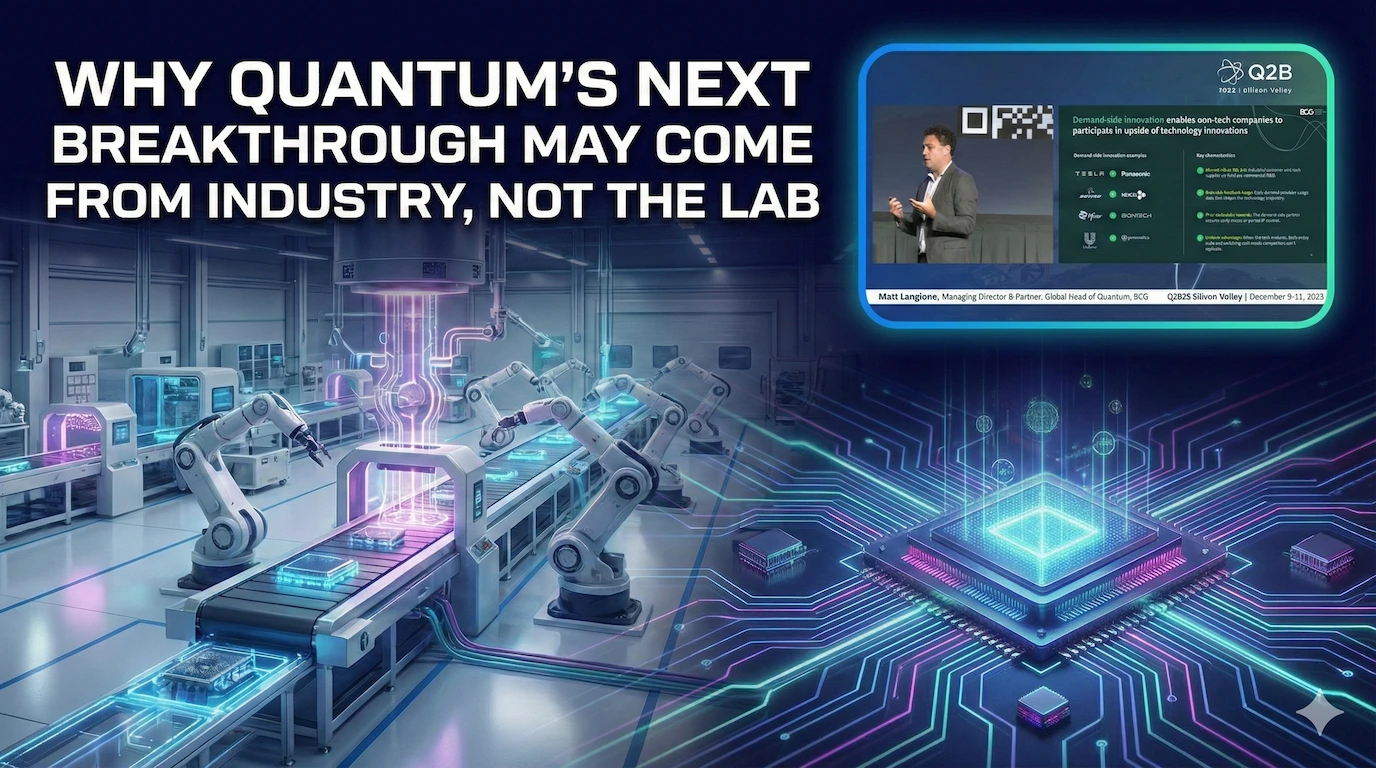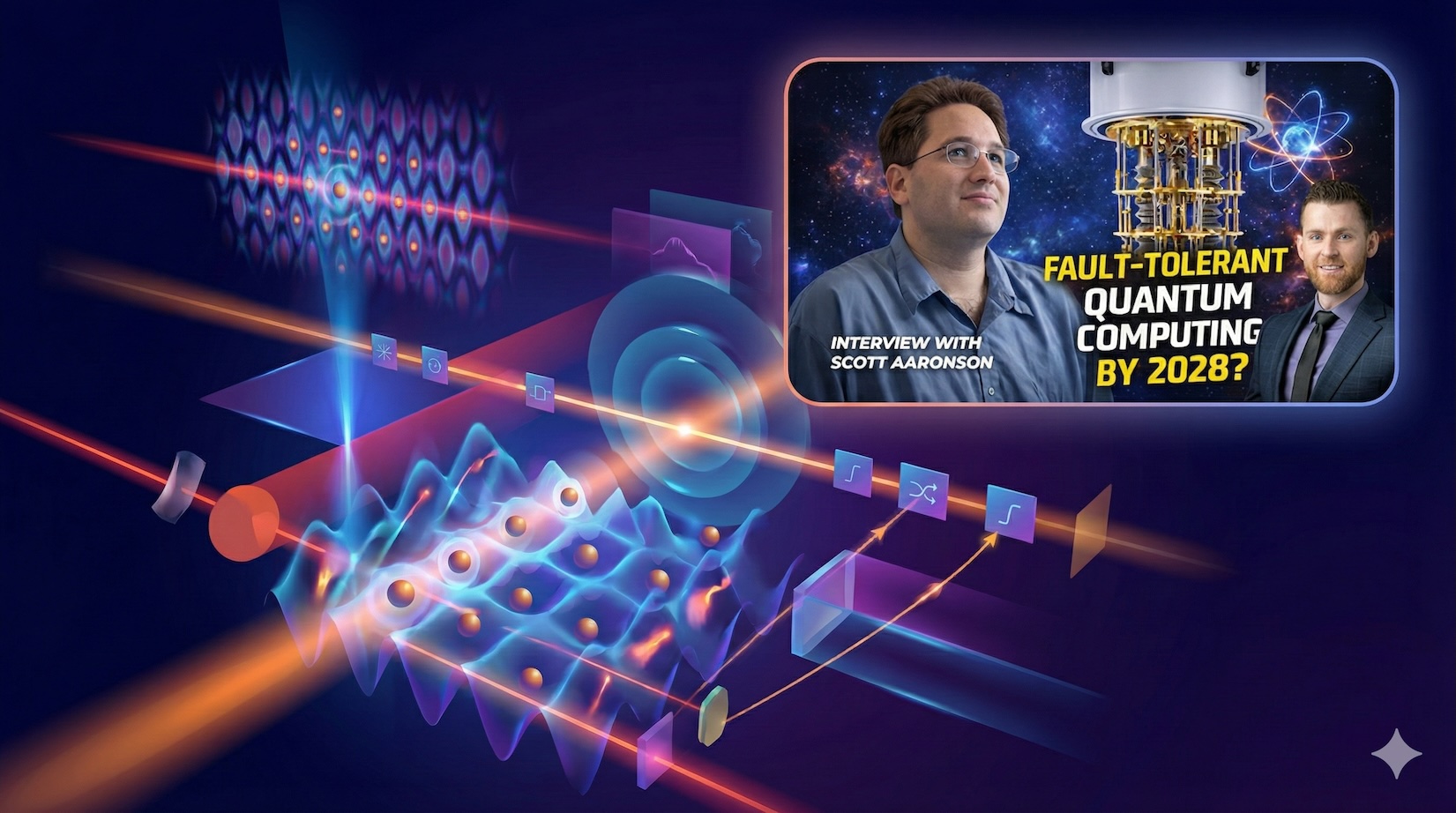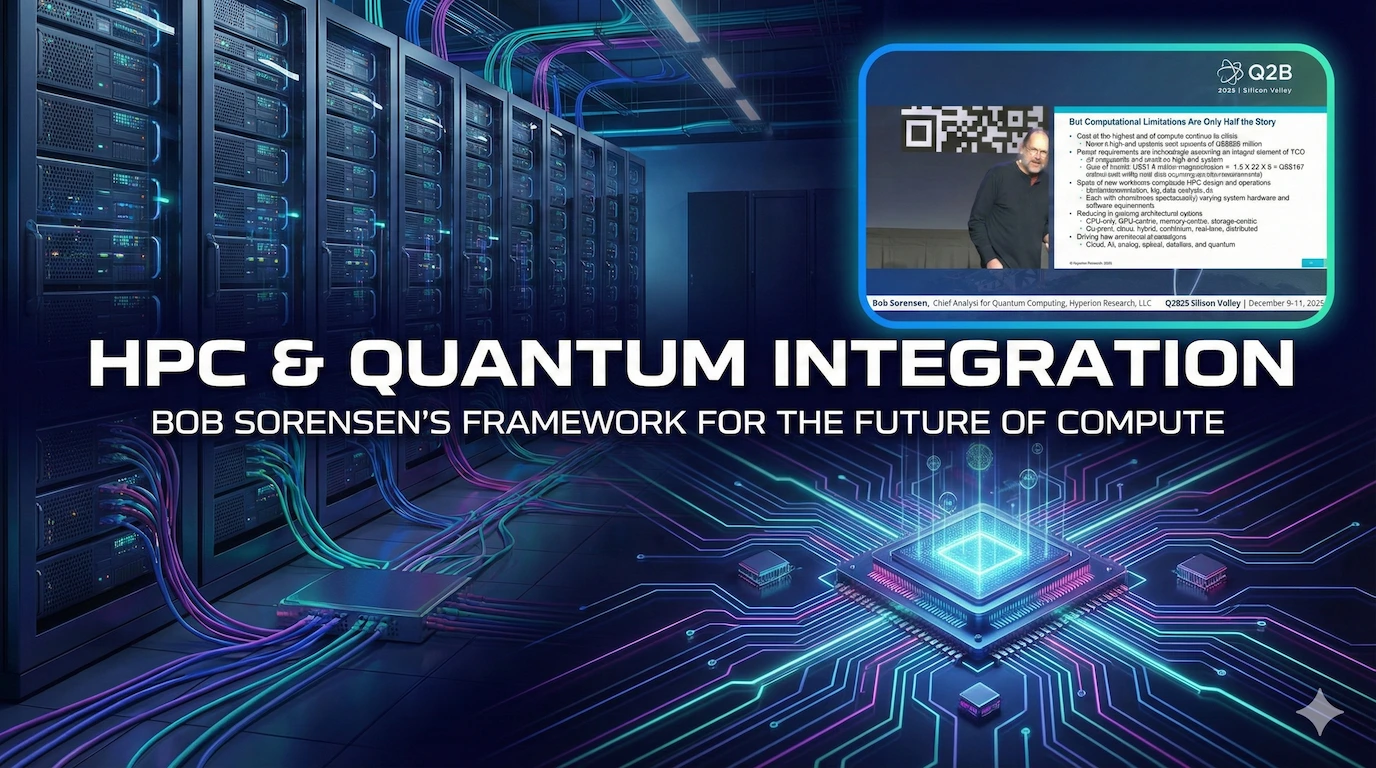The potential of quantum computing is undeniable. The promise of solving complex problems at speeds unattainable by classical computers is tantalizing. The most widely adopted approach in this field is the universal gate-based quantum computer, which offers the flexibility to map any algorithm into a sequence of 1- and 2-qubit gates. Yet, despite the broad capabilities it promises, the current state of quantum computing can be aptly characterized as "a mile wide and an inch deep." This metaphor highlights the paradox that, despite the promise of universality in problem-solving offered by universal gate-based quantum computers, their practical utility in the present day is limited.
At present, the utility of gate-based quantum computers is limited by several factors. The first is the qubit count. Current quantum computers can only handle a limited number of qubits, which restricts the complexity of the problems they can solve. The second is coherence. Quantum information can only be maintained for a short period before it decays due to interaction with the environment, a phenomenon known as decoherence. The third is noise. Quantum systems are highly sensitive to environmental disturbances, which can introduce errors in the computation. These factors combined mean that, in the vast majority of cases, the results from gate-based quantum computers are currently inferior to those from classical computers.
The universal gate-based quantum computer is akin to the Swiss Army knife of the computing world. It is versatile, capable of tackling a multitude of tasks, from opening bottles to personal grooming. However, just as a Swiss Army knife may not be the best tool for a steak dinner, a universal quantum computer may not be the most practical solution for every computational problem we wish to tackle with quantum computers today.
Instead, companies could consider specialized implementations that, while not as universal, provide practical solutions to specific problems. Analog quantum computers offer one such approach. They leverage the principles of quantum mechanics directly to simulate the behavior of other quantum systems. This is done by setting up a quantum system in the computer that has a similar structure to the system being simulated. The computer's system then evolves naturally according to the laws of quantum mechanics, and the behavior of the system being simulated can be studied by measuring the computer's system. While it may not offer the universality of its gate-based counterpart, it provides tangible solutions for problems such as simulating systems that exhibit quantum effects and certain optimization problems.
This perspective is in line with the insights of physicist Richard Feynman, one of the fathers of quantum computing. In his seminal paper, "Simulating Physics with Computers," Feynman proposed that quantum computers could offer a more efficient and natural way to simulate quantum systems. He argued that classical computers struggle with the exponential complexity of quantum effects, a problem that quantum computers, operating on the same quantum mechanical principles as the systems they are simulating, would not face. This is the essence of analog quantum computing: leveraging the inherent quantum nature of physical systems to simulate other quantum systems, thereby providing a more intuitive and efficient approach to problems involving quantum effects.
A recent McKinsey article titled "Early value: An introduction to quantum optimizers" provides a compelling narrative on this subject. The article highlights that quantum optimizers, a form of analog quantum computing, can help organizations capture some of the benefits of quantum computing now. While quantum optimizers won't be able to solve as many problems as quantum computers are expected to solve, they are easier to build and computationally superior to classical computers, at least for some optimization problems. The full potential of this quantum optimizer will become clear as more users in academia and industry experiment and apply it to different use cases.
{{Newsletter-signup}}
The article further elaborates that a functional quantum optimizer demonstrated its advantage against high-performance classical computers for a set of problems that are inherently difficult for classical computers. Experts believe this quantum optimizer can deliver commercial value in solving optimization problems across industries, in forecasting, and in materials science.
While the McKinsey article provides valuable insights, it is important to remember that the field of quantum computing is vast and rapidly evolving. The landscape is not limited to universal gate-based quantum computers and quantum optimizers. Other promising approaches and technologies are being developed, each with its own strengths and potential applications. For instance, quantum annealing, another form of analog quantum computing, is being used for solving optimization problems.
The development of quantum algorithms is another crucial aspect of making a deeper quantum impact. Algorithms like Shor's algorithm for factoring large numbers and Grover's algorithm for searching unsorted databases showcase the potential of quantum computing to outperform classical computing in certain tasks. However, developing new algorithms that can fully exploit the power of quantum computing is a challenging and active area of research.
The technology behind quantum computing continues to improve, with advancements in the number of qubits, noise reduction, coherence, and mid-circuit measurement. These improvements are not limited to universal gate-based quantum computers. Analog quantum computer vendors are also evolving, adding universal gate-based capabilities to their repertoire.
In conclusion, while we await the maturation of universal gate-based quantum computers, organizations that focus on results should not overlook the potential of specialized quantum computing implementations. These technologies, such as analog quantum computing, offer practical solutions to specific problems today and an alternative to gate-based approaches. They may not be as universal as their gate-based counterparts, but they are useful and efficient in their own right.
Organizations must keep an eye on the progress of digital gate-based modes, while paying special attention to existing solutions. The future of quantum computing is not a binary choice between universal and specialized systems. Instead, it will likely be a hybrid landscape, where different types of quantum computers are used for different tasks, depending on their strengths and the requirements of the problem at hand.




.webp)





